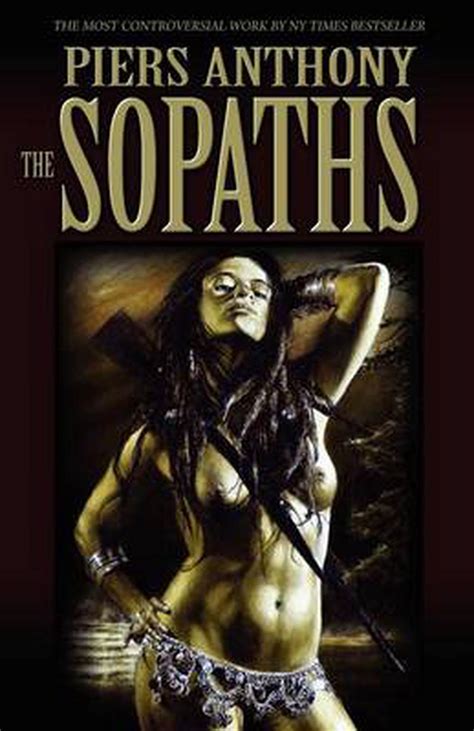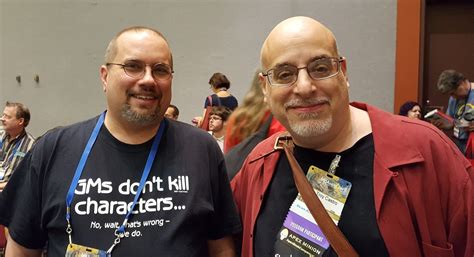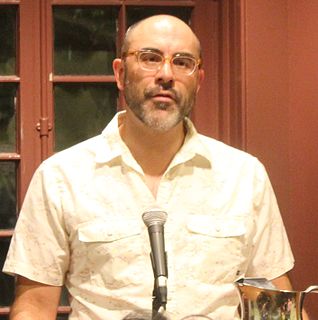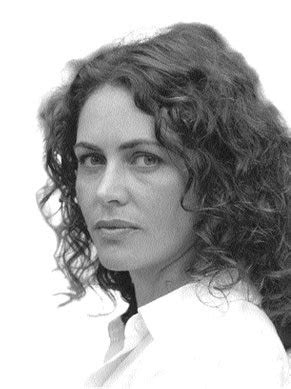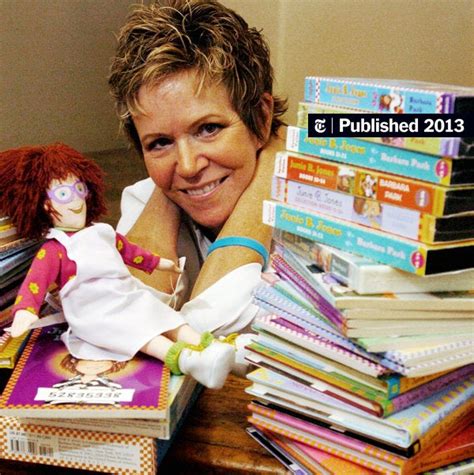A Quote by Jean M. Auel
I don't write for publishers, certainly not for critics, and not for readers, But I am delighted that so many people have found my books enjoyable and want to continue to read them.
Related Quotes
I am a book reviewer. I write for a glossy magazine called 'SCI FI.' The money is not life-changing, but it's a low-stress gig. Publishers send me their books. More than I could possibly read. I pick a few and write about them, put a very few others on the shelf, to be perused at my leisure, someday.
Write what you want to read. So many people think they need to write a particular kind of book, or imitate a successful style, in order to be published. I've known people who felt they had to model their book on existing blockbusters, or write in a genre that's supposed to be "hot right now" in order to get agents and publishers interested. But if you're writing in a genre you don't like, or modeling yourself on a book you don't respect, it'll show through. You're your first, most important reader, so write the book that reader really wants to read.



